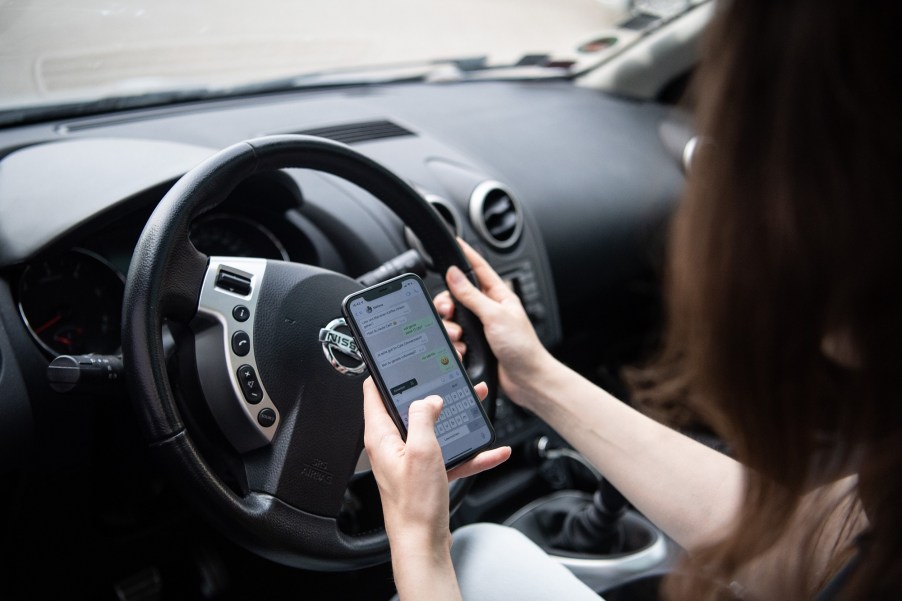
Will Your EV Battery Degrade as Fast as Your Cell Phone Battery?
It is a common complaint with electric vehicle (EV) and cell phone owners alike. Why do these rechargeable batteries degrade to a point where they barely hold a charge? It happens with all lithium-ion batteries, regardless of size, output, or application. However, it begs the question: will your EV battery degrade as quickly as your cell phone battery?
Does an EV battery last longer than a cell phone battery?

In short, yes, an EV battery lasts longer than a mobile phone battery. Typical cell phone batteries have an expected lifespan of 3-5 years, depending on conditions like construction, overcharging, and use.
However, the latest estimates for the lifespan of the average EV battery puts that number closer to 200,000 miles. Additionally, EDF Energy says that those batteries should last 10 to 20 years before requiring a replacement.
Why do EV batteries last longer than cell phone batteries?
While a single, sealed lithium-ion battery powers your cell phone, EVs use many lithium-ion cells working together as a battery pack. However, the EV batteries behave similarly to your cell phone battery in that they both lose capacity after many cycles of charging.
EV batteries are significantly larger than individual cell phone batteries, which don’t have a vast network of cells to lean on like vehicles.

However, there is a point of diminishing return with the size of a battery pack in a vehicle. Specifically, EV batteries are heavy, and too much weight reduces efficiency.
Some electric vehicles also incorporate efficiency-promoting measures like regenerative braking. The regenerative braking process reclaims energy that would otherwise be lost to the kinetic action of slowing the car. As a result, more power is conserved in the vehicle battery.
How can I make my battery last longer?
If you’re frustrated by decreased battery performance, you can use a few tactics to prolong your battery’s life. First, you can pay attention to temperature extremes. According to EVConnect, driving an EV in extremely cold temperatures can dramatically reduce your range.
Next, charging your EV when the power level is above 20 percent and below 80 percent is optimal for the unit’s longevity. Some fast chargers will even slow down charging speeds outside those ranges to protect your battery.
What do I do if my battery isn’t performing well?
If your battery isn’t performing well, you can swap it out like any other vehicle component. According to EDF Energy, most EV manufacturers warranty batteries for 5-8 years. If your battery is within that warranty period, you may be entitled to a replacement. Further, Some states like California extend those warranties an additional two years or 50,000 miles.
However, don’t be too angry if your power pack is out of warranty. Bloomberg says that EV battery costs have dropped precipitously in the last 10 years. Furthermore, prices are likely to drop even further as the technology advances.
Scroll down to the following article to read about charging your EV.
RELATED: Electric Vehicles: Are EVs Really Environmentally Friendly?



